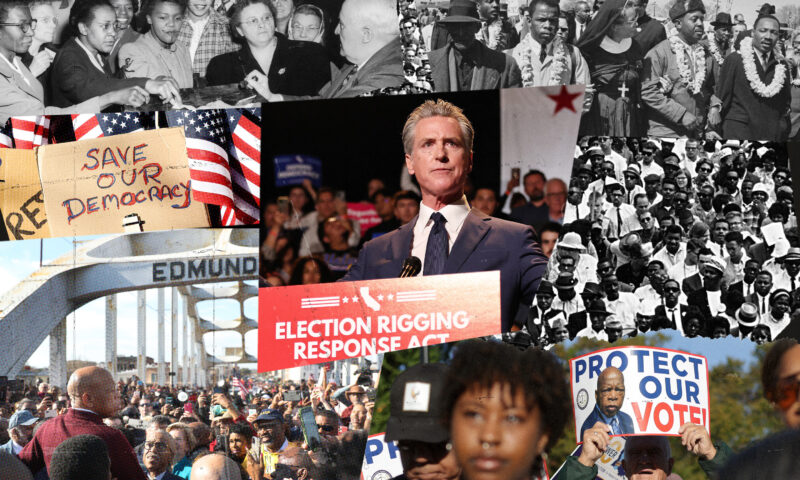

Drastic times and drastic measures come to California. Many Black leaders see Proposition 50 as necessary to neutralize a GOP power grab that endangers bedrock civil rights.
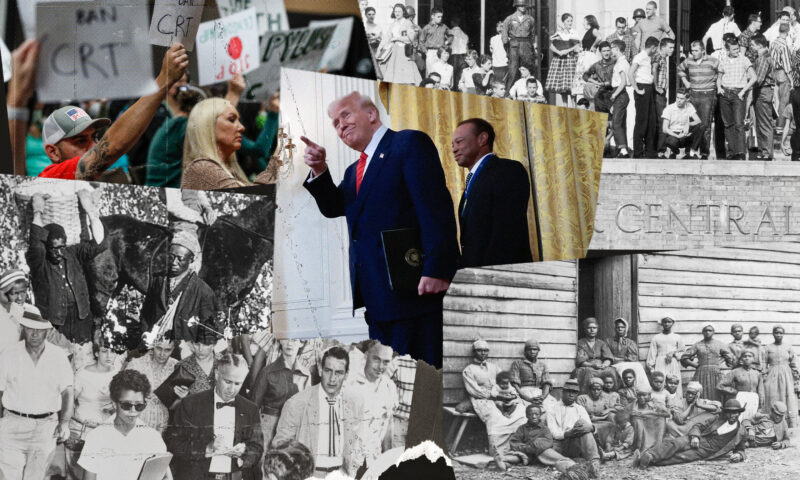
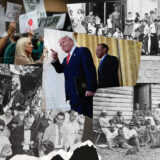
The Trump administration’s high-profile anti-DEI campaign aims to do more than shut down programs in California and beyond.


Every year for Black History Month, the TV networks and premium movie channels roll out the same programming: Malcolm X, Mississippi Burning, The Color Purple…. It’s not that these films aren’t great; they are. It’s just that every year for as long as they have been around, they’re all that come on during February. I can quote The Color Purple line for line. The history of black folks is larger and more diverse than the civil rights movement and slavery. Let’s give some other films a shot, shall we?
Let the Fire Burn
In the spring of 1985 a bomb was dropped on a row house in Philadelphia. A fire spread quickly and burned down 61 houses, eventually killing 11 people, including five children, and injuring numerous others. The fire and police departments stood by and did nothing to stop the blaze.
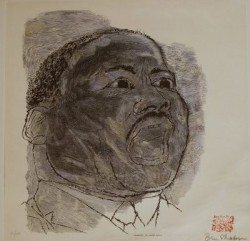
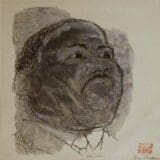
As we settle further into Black History Month, it’s the perfect time to reflect on Martin Luther King Jr. and his often under-acknowledged passion for economic justice. King stands as a pillar of civil rights leadership and the movement for equal rights. His legacy is special to the black community, and as a symbol, he has become an extraordinary role model to all people. However, to see King’s legacy only through this lens would miss much of his work. King was also a union ally and champion of economic justice.
King understood clearly that the battle for racial equality would be empty without a parallel fight for economic equality. “[What] will [the Negro] gain by being permitted to move an integrated neighborhood if he cannot afford to do so because he is unemployed or has a low-paying job with no future?”[i] Having equal rights without the means to exercise those rights becomes an empty promise,